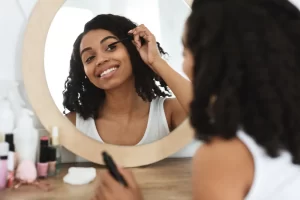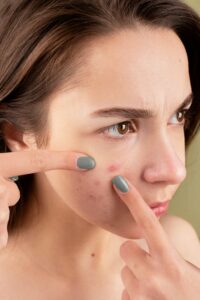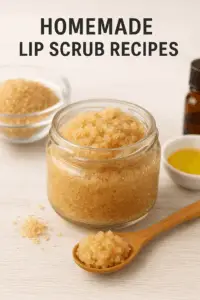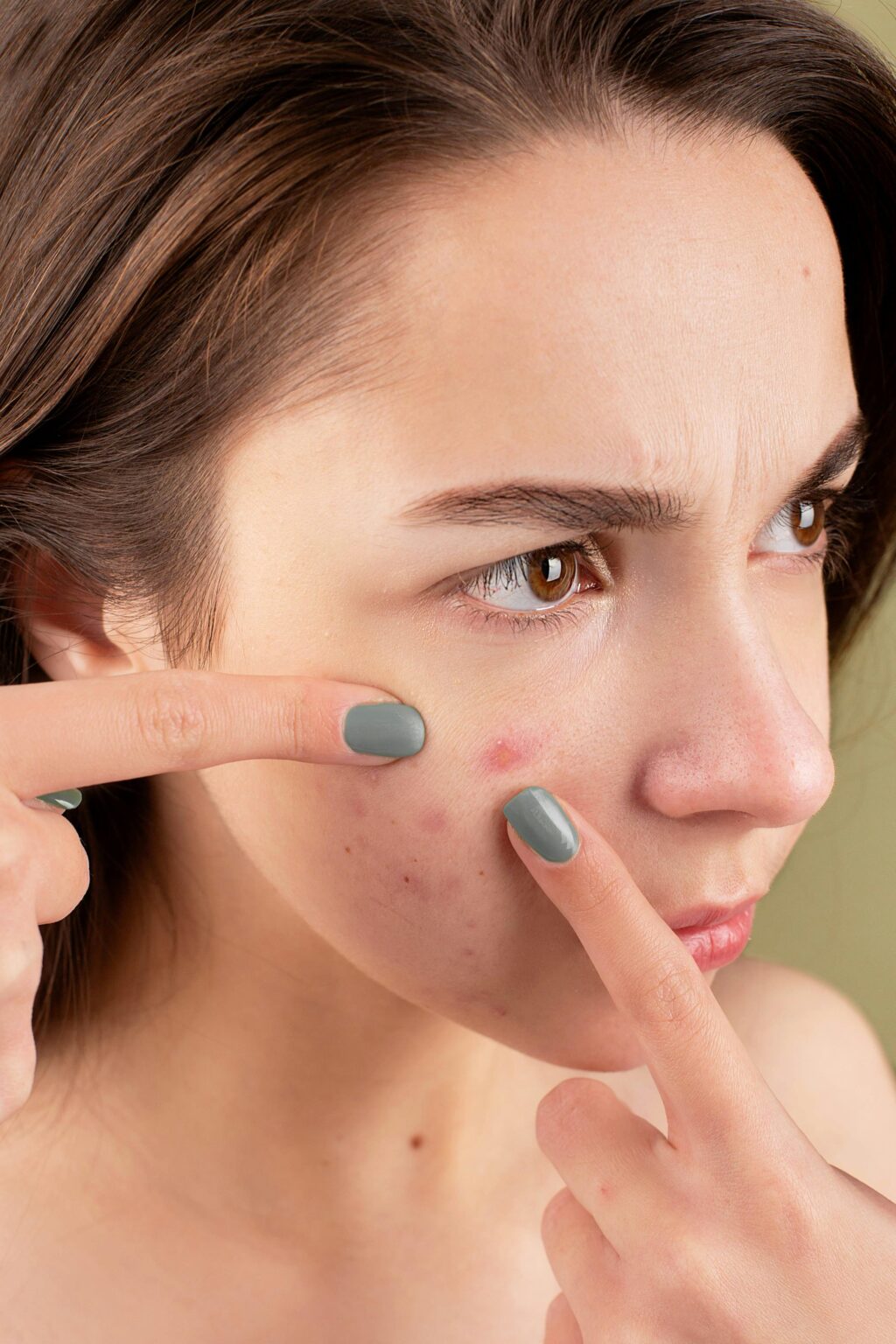
how to cure acne naturally in 3 days
Tea tree oil , aloe vera , and frequent exfoliation are just a few of the home remedies that can help with acne problems. Find out more about how these treatments work.
Acne is among of the more common skin problems in the world. Every year, almost 50 million Americans get it.
Salicylic acid, niacinamide, and benzoyl peroxide are examples of traditional acne treatments that are known to work well. However, they can be costly and have side effects that are not ideal, such as dryness, redness, or other discolouration, and irritation.
Because of this, a lot of individuals have tried to get out of acne at home without using drugs. But a lot of home cures don’t have any scientific evidence to back them up, therefore further research is needed to find out how well they work. There are still more treatments you can attempt if you’re looking for them.
Table of Contents
These are 14 common home treatments for cure acne:
1. Use Apple cider vinegar for cure acne
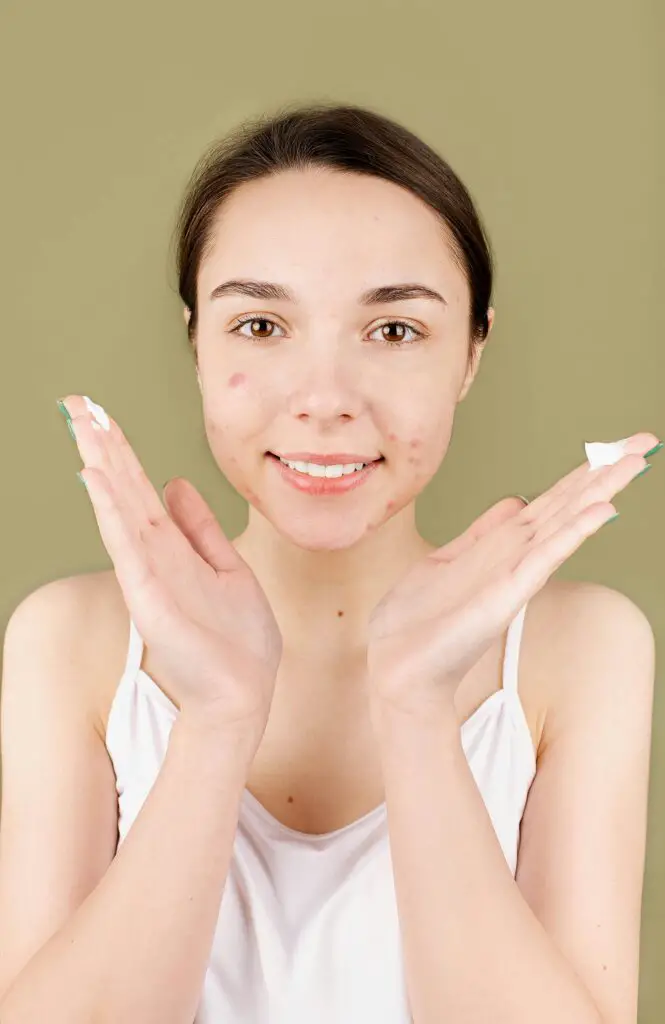
Pros: cheap, easy to find, and makes acne scars look better
Cons: could make skin feel bad
You can make apple cider vinegar by breaking down apple cider, which is the juice from crushed apples that hasn’t been filtered. A trusted researcher has found that it can kill several forms of bacteria, just like other vinegars .Trusted Source and fungus A reliable source.
There is no proof that apple cider vinegar can help with cure acne, even if some of its ingredients might.
Most dermatologists wouldn’t recommend putting apple cider vinegar on your skin because it might cause burns and inflammation. If you want to try it, utilize it in little amounts and mix it with water.
2. Get a zinc supplement for cure acne

Pros: backed by research, many benefits
Cons: can upset the stomach or intestines, and putting it on the skin doesn’t help.
Zinc is a crucial nutrient that helps cells develop, makes hormones, speeds up metabolism, and keeps the immune system working.
Compared to other natural cure acne remedies, it has been studied quite a bit.
A reliable source says that people who got zinc treatment had a lot less irritated spots than people who didn’t.
40 milligrams (mg) of zinc per day is the safe top limit, therefore it’s better not to go beyond that amount unless a doctor tells you to.
If you take too much zinc, it could hurt your stomach and make your gut feel bad.
It’s also vital to remember that putting zinc on the skin hasn’t been demonstrated to work. This could be because the skin doesn’t absorb zinc well.
3. Make a mask with honey for cure acne
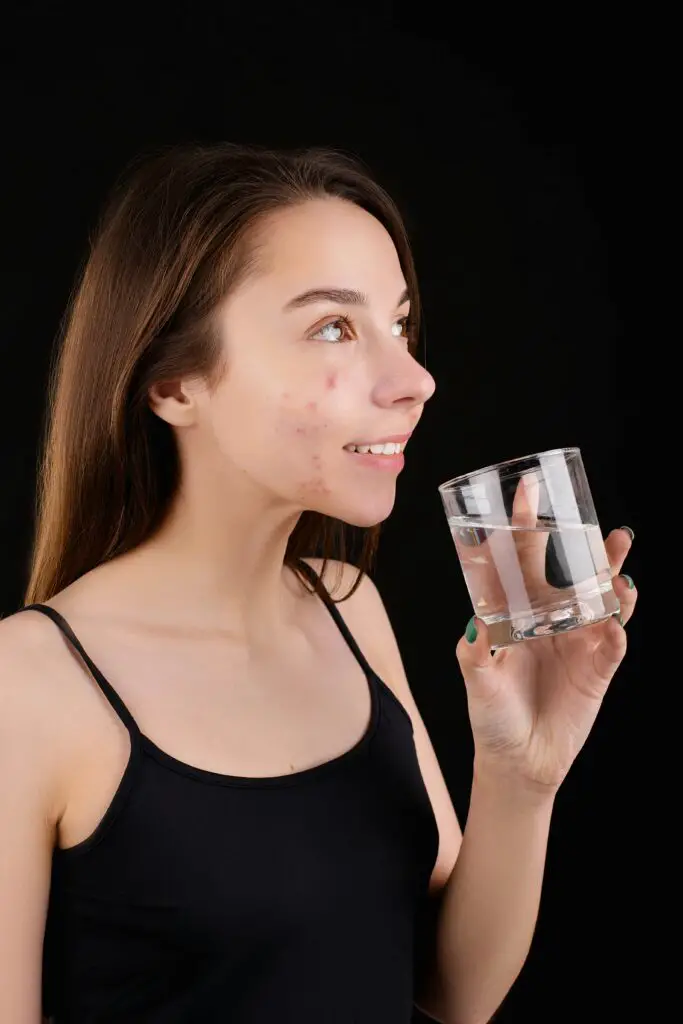
Pros: kills bacteria and is simple to manufacture
Cons: the assertions aren’t backed up by substantial research
Honey by itself can stop the spread of P. acnes, which is a bacteria that causes acne. This finding does not definitively indicate that honey efficiently cures acne.
Honey’s antibacterial and anti-inflammatory qualities may help with acne, but additional studies are needed.
4. Use tea tree oil on certain spots for cure acne
Use tea tree oil on certain spots for cure acne:
Pros: You never require a lot of product. You can leave it on overnight. It’s natural.
Cons: It dries out your skin, and the essential oils aren’t FDA-approved.
Tea tree oil is a pure oil that comes from the leaves of the Melaleuca alternifolia tree, which is native to Australia.
A limited study from 2019 found that people who used a tea tree oil ointments for acne had less dry skin along with irritation than those who used benzoyl peroxide. They were also happier with the treatment.
Always mix tea tree oil with anything else before putting it on your skin because it is so strong.
How to use for cure acne:
- combine nine parts water with one part tea tree oil.
- Apply the mixture to the affected parts with a cotton swab dipped in it.
- If desired, apply a moisturizer.
- As needed, repeat this procedure one or two times daily.
5. Put green tea on your skin for cure acne
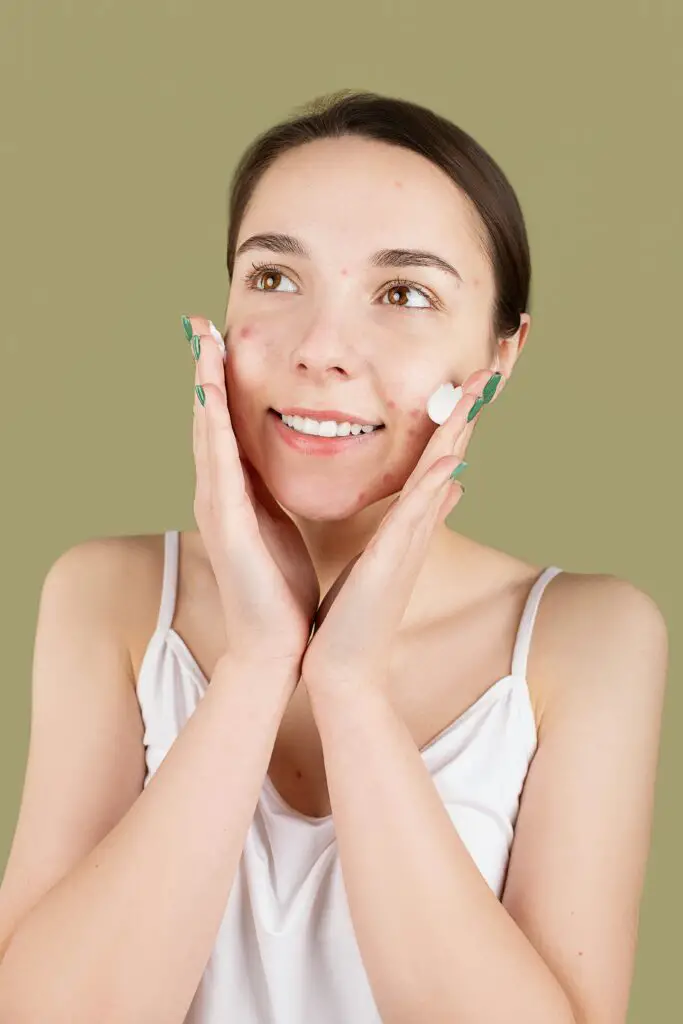
Pros: simple to prepare, many benefits, natural.
Cons: not enough research has been done.
Green tea has a lot of antioxidants in it, which might help you stay healthy. It might also assist with acne.
this is probably due to the polyphenols in green tea fight germs and lower inflammation, which are two of the main causes of acne.
There isn’t a lot of information on how drinking green tea can help with acne, so additional studies are needed.
Putting green tea on your skin might also be good for you.
putting green tea extract on the skin lowers the production of sebum and pimples in people with acne by a lot.
You can buy lotions and creams that have green tea in them, but it’s equally simple to prepare your own at home.
How to cure acne with green tea:
- Put it in the boiling water for 3 to 4 minutes.
- Let the tea cool down after brewing it.
- You can put the tea on your skin with a cotton ball or add it into a bottle of spray and spray it on.
- Let it dry, then wash it off by using water along with pat your skin dry.
- You may also make a mask by mixing the leftover tea leaves with honey.
6. Use witch hazel for cure acne
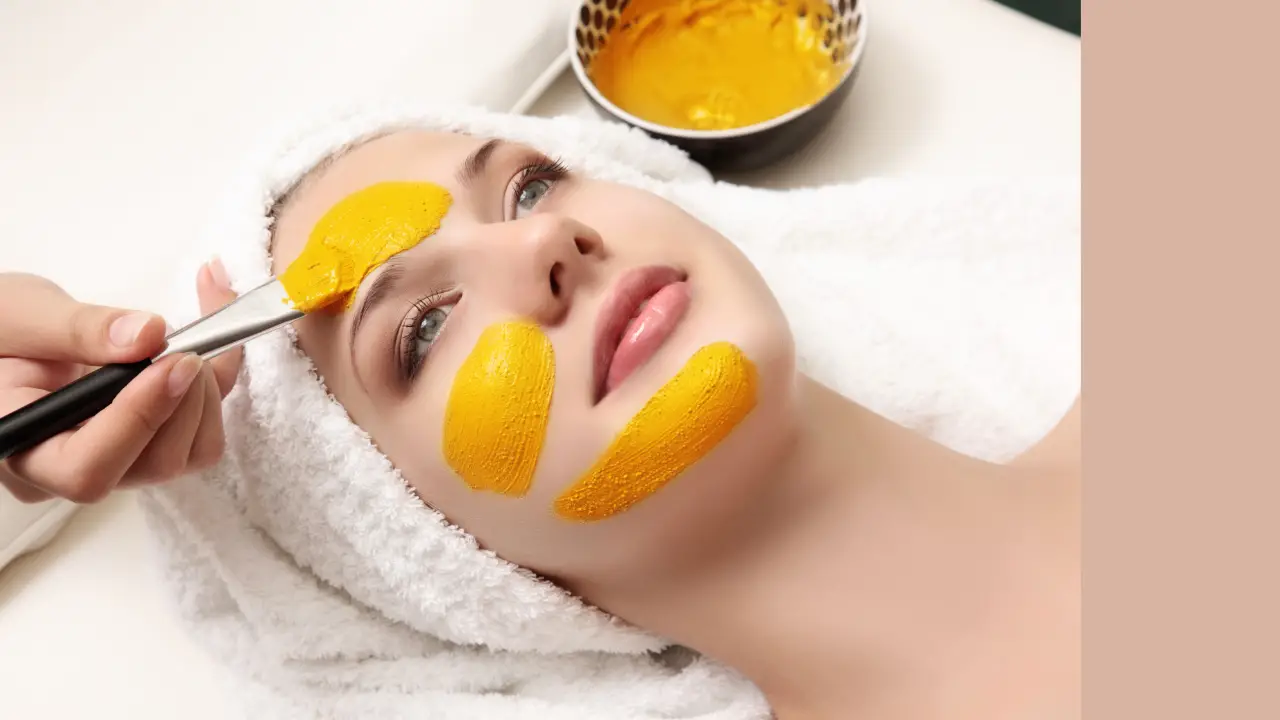
Pros: present in a lot of goods, natural
Cons: There isn’t much research to support the claims.
The North Americans witch hazel bush, Hamamelis virginiana, is where witch hazel comes from. There seems to be not much research on witch hazel’s capacity to treat acne right now.
Witch hazel may help combat bacteria and ease irritation to the skin and inflammatory conditions, which can lead to acne.
7. Use aloevera to keep your skin moist for cure acne
Pros: It’s natural, it’s in a lot of items, and you may mix it with other things.
Cons: There aren’t many studies that confirm the claims, and many products have additives.
The leaves of the tropical plant aloevera make a transparent gel. People typically put the gel in lotions, ointments, creams, and soaps.
It has both sulfur and salicylic acid compounds in it, both of which are commonly used to treat acne.
Research from 2020 shows that people often use it to treat:
- scrapes
- rashes
- burns
- cuts
- skin inflammation.
Research shows promise, but further scientific study is needed to find out how aloe vera can help with acne:
- With a spoon, scrape the gel off the aloe plant.
- Use the gel as a moisturizer on clean skin.
- Do it again once or twice a day, or as needed.
You can also get aloe vera gel from the shop, but make sure it doesn’t have any other substances in it.
8. Consume a supplement of fish oil for cure acne
pros : simple, present in food
Cons: results take time to manifest.
Healthy fats with several health advantages include omega-3 fatty acids. Eicosapentaenoic acid (EPA) and docosahexaenoic acid (DHA) are the two primary forms of omega-3 fatty acids found in fish oils.
High EPA and DHA levels can lower inflammatory variables, potentially lowering the incidence of acne.
Omega-3 fatty acids can also be obtained from diet:
- Walnuts
- salmon
- sardines
- anchovies
- Chia seeds
- crushed flax seeds
- Supplements containing fish oil
9. Regularly exfoliate for cure acne
Pros: various items on the market, easy to do at home, and a variety of chemical and physical alternatives
Cons: the potential for excessive exfoliation
The process of exfoliation involves removing the topmost layer of dead skin cells. By eliminating the skin cells that obstruct pores, it might help acne.
By removing the outermost layer of skin, exfoliation may also increase the effectiveness of acne treatments by enabling deeper penetration.
There is currently little study on exfoliation’s potential to treat acne.
Exfoliation may enhance skin health and appearance, according to a 2023 study, but more research is required to fully understand acne.
Keep in mind that physical exfoliation might cause skin damage and irritation. Therefore, some physicians advise using treatments that contain glycolic or salicylic acid for mild chemical exfoliation.
10. Eat foods with a low glycemic index for cure acne
Pros: lowers insulin levels and is beneficial for the body
Cons: Not enough research that back up the claims, and it’s tougher to keep track of.
The glycemic index (GI) of a food tells you how rapidly it rises your blood sugar.
Eating foods with a high glycemic index (GI) makes insulin levels go up, which probably makes sebum levels go up as well. Because of this, meals with a high GI may have a direct effect on how bad acne gets and how it develops.
66 participants ate either an ordinary or low glycemic diet. After two weeks, the people who ate a low glycemic diet had reduced their levels of insulin-like growth factor-1 (IGF-1), a growth hormone that plays a role in the development of acne .This study indicates that a low glycemic diet may benefit those with acne-prone complexions. More research that are bigger and last longer are needed.
Some foods having a low blood sugar level are:
- fruits
- vegetables
- legumes
- nuts
- whole grains
- cereals that have been processed very little
11. Eat less dairy for cure acne

Pros: can help with acne
Cons: there is some disagreement about it and additional research is needed.
There is a lot of disagreement on whether dairy causes acne.
A study from discovered that participants between the ages of 10 and 24 who drank full-fat milk at least three times a week were more likely to have moderate to severe acne.
Conversely, a 2018 study including more than 20,000 adults noticed no correlation between milk drinking and acne. Participants self-identified the data in these analyses, necessitating more research to ascertain a definitive causal relationship.
12. Lower stress for cure acne:
Pros: can help with acne and is excellent for the body
Cons: Needs more research, though
We don’t fully understand how stress and acne are related.
You may also be prone to pick at places on your face when you’re upset. Picking at or touching your skin too much can make acne worse by spreading bacteria.
According to study from 2024, the hormones that are generated when you’re stressed out may make acne worse by making sebum production and inflammation worse.
- Getting more sleep may help you feel less stressed.
- do yoga
- meditate
- do other physical activities
- breathe deeply
13.Exercise consistently for cure acne

Pros: it can help with acne, it’s excellent for your body, and it keeps hormones in check.
Cons: If you don’t cleanse your face after working out, you can get more acne.
There isn’t much information on how exercise affects acne. Exercise still changes how the body works in ways that can help with acne.
Studies indicate that exercise influences hormone levels and control.
The CDC says that individuals should practice two kinds of physical activity each week for a total of 150 minutes. This could mean walking, hiking, running, or lifting weights.
14. Using brewer’s yeast for cure acne
Pros: easy to find and can be taken by mouth or on the skin
Cons: It takes several months to work.
Another option that might help with acne is brewer’s or baker’s yeast.
Hansen CBS, a type of brewer’s yeast, by mouth may help reduce acne.
Newer studies demonstrate that a brewer’s yeast elimination diet can also assist with hidradenitis suppurativa, another skin ailment.
This restricted research necessitates further studies to validate the usefulness of brewery yeast in acne treatment.
How to use for cure acne:
- Mix a single packet of powdered brewer’s yeast with one tablespoon of lemon juice.
- Mix well.
- Put the mixture on a clean face and keep it there for a minute.
- Wash with warm water.
- Dry off.
You can also add brewer’s yeast to your diet by combining it with juice or water, or you may take it as a supplement.
When to go to the doctor for cure acne
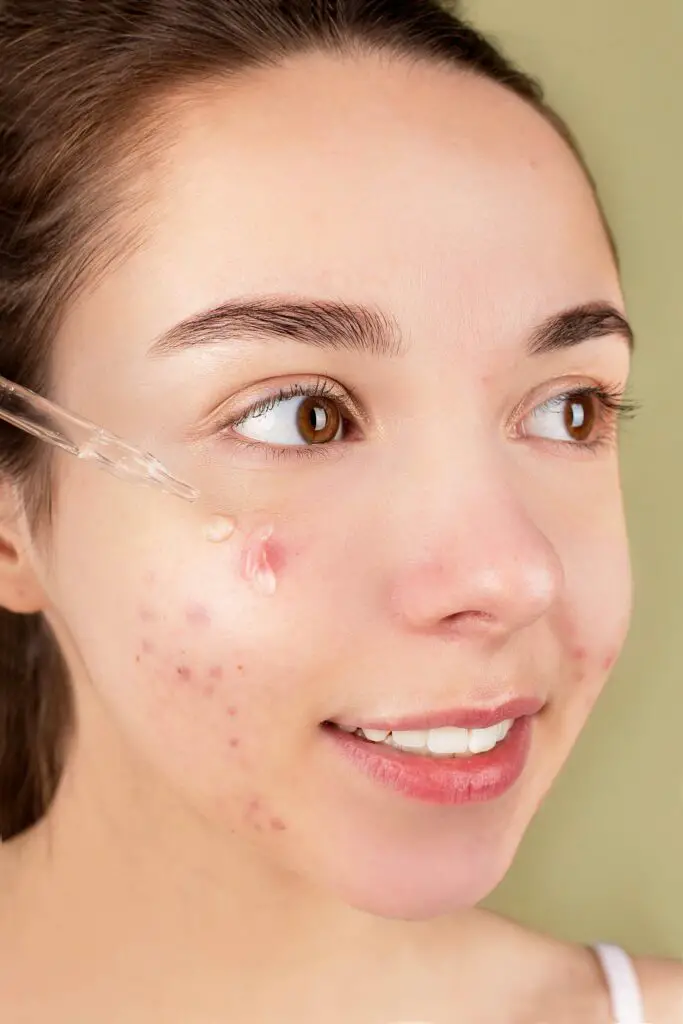
People with mild to serious acne should consult a doctor to get help with their problems. You can get prescription-strength acne remedies.
If you do any of the following, it might be time to contact a dermatologist:
- tried everything, but nothing appears to work
- have acne that comes back after clearing up, like on your thighs or upper arms
- have acne that hurts and is deep under the skin
- have outbreaks that have been going on for years
- have acne that hurts your confidence, self-worth, and social life
- You suspect your acne might be caused by a new medicine you’re taking. You have acne that causes black streaks.
Questions that come up a lot for acne cure:
Do home treatments for cure acne work?
A lot of people decide to try natural cures. Most home treatments for acne cure haven’t been demonstrated to work in clinical settings, but they are still available as other therapeutic choices.
If you have really bad acne, though, you might want to see a dermatologist.
How can you get rid of scars from acne?
You can’t get rid of acne scars on your own. But the lasers, micro-needling, microdermabrasion, resurfacing, and fillers done in the office can make them look better.
Exfoliating your skin regularly and using home remedies like apple cider vinegar can also help acne scars look better.
Conclusion:
Acne is a usual skin issue that can have many different causes.
Most experts agree that traditional treatments like salicylic acid, niacinamide, or benzoyl peroxide work best, although some people may find them annoying.
A lot of people decide to use natural therapies. Most home cures for acne haven’t been proven to work in a clinical setting, but they are available as other therapy options.
If you suffer from severe acne, though, it could be a good idea to see a dermatologist.
ALSO READ : 14 Easy Lip Scrub recipe for Smoother, Healthier Lips



